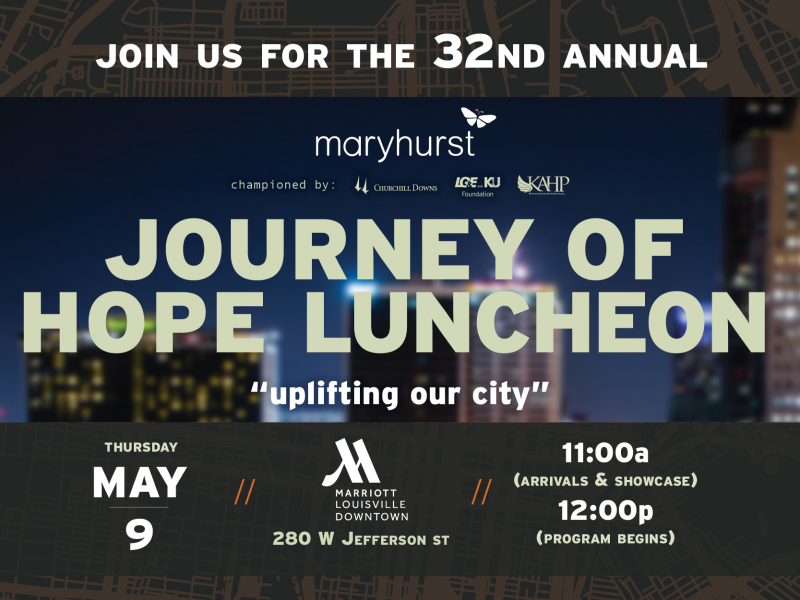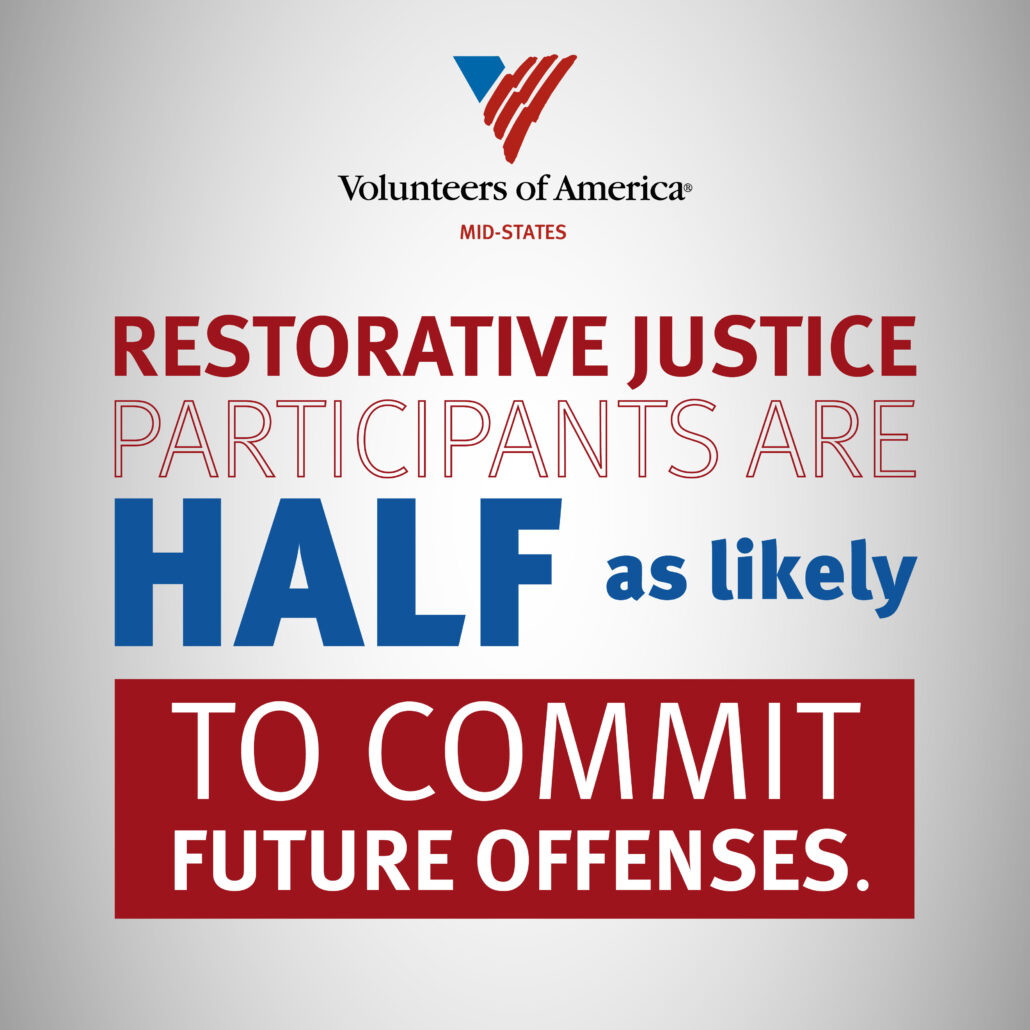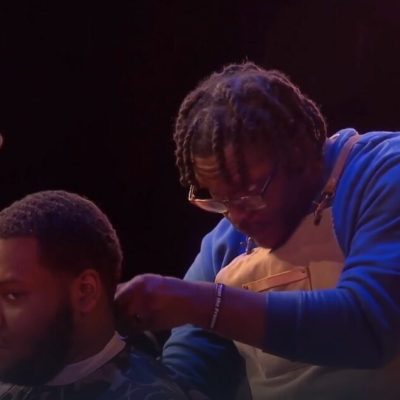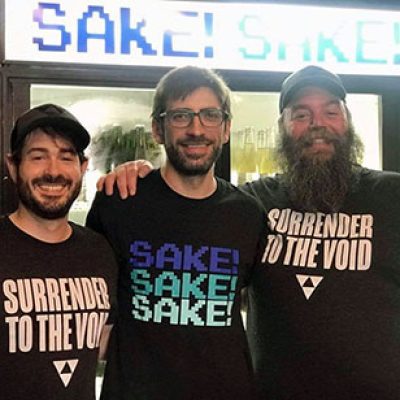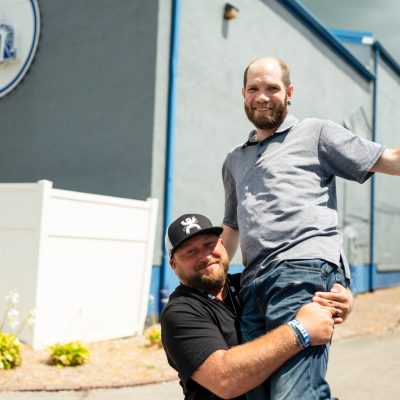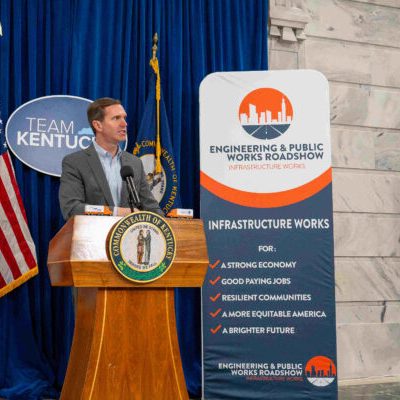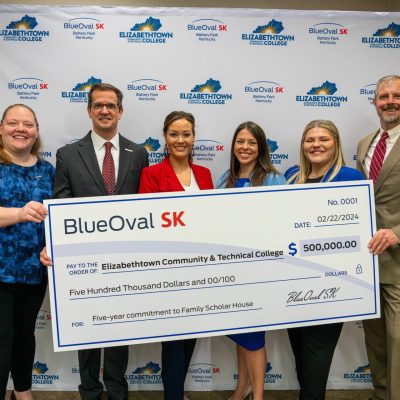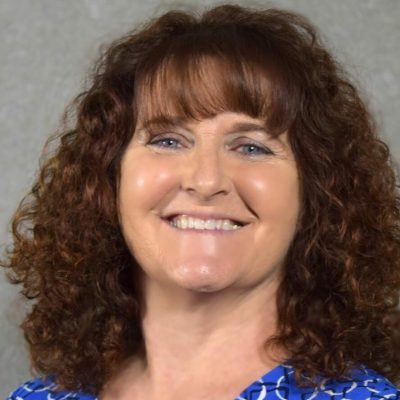By Vincent James, President and CEO of Dare to Care and Tiffany Benjamin, CEO of the Humana Foundation

This piece was written by Vincent James, President and CEO of Dare to Care, and Tiffany Benjamin, CEO of the Humana Foundation.
For more than 50 years, Dare to Care and our partners have worked diligently to lead our community in feeding the hungry and conquering the cycle of need. Yet, each year the number of hungry neighbors in Kentuckiana continues to increase – especially among our seniors.
Since Dare to Care’s start in 1969, no other event has highlighted the challenges our community members face when accessing healthy foods quite like the Covid-19 pandemic. While the pandemic did not create the food crisis in the U.S., it did shine a brighter light on what has been an ever-growing problem – food inequity.
The reality is that there is a growing gap between those who have access and the ability to prepare healthy meals, and those who do not.
Factors beyond our control
Food insecurity is, we believe, becoming a familiar term. The United States Department of Agriculture (USDA) defines food insecurity as a lack of consistent access to enough food for every person in a household to live an active, healthy life.
Food equity, however, may be somewhat unfamiliar. Food equity refers to systemic problems that create barriers preventing our neighbors from accessing food. These inequities persist through institutionalized, discriminatory policies and longstanding environmental factors and are made worse by limited access to essential support.
Food insecurity is directly linked to food inequity. Income, race, age, gender and disability are some of many factors that may limit access to healthy food and contribute to these inequities.
Inadequate access to consistent and sufficient healthy food leads individuals to engage in difficult decisions and coping strategies that can result in an increased risk of chronic disease. Chronic diseases like obesity, diabetes, heart disease and worsening mental health have disparate effects on minority and marginalized communities.
The Centers for Disease Control and Prevention reports that 20% of our young people are obese, 42% of U.S. adults are obese and 72% of U.S. veterans are obese. On top of that, 5.2 million seniors were food insecure in 2020, according to Feeding America’s most recent The State of Senior Hunger in America report.

To conquer the cycle of need, we must gain a deeper understanding of the intersection of food insecurity and food equity to create greater access for all populations.
Using data to drive change
In response to these numbers, Dare to Care and the Humana Foundation are partnering to advance food and health equity as part of the Humana Foundation’s Health Equity Innovation Fund.
Supported by a more than $1.8 million grant, our three-year partnership aims to gather data and feedback from all populations facing food insecurity and inequity – with a primary focus on seniors.
The data gathered will direct the planning and development of pilot programs and processes that help Dare to Care achieve its vision of equitable food access for people across Kentuckiana.
This joint initiative helps achieve the Humana Foundation’s vision of creating stronger emotional connections, better care for vulnerable populations and shape a healthier approach to food and nutrition.
The time is now to bring equitable food access to the populations that need it most. Food access is a basic human right and now is the time to ensure that right is guaranteed for everyone.

